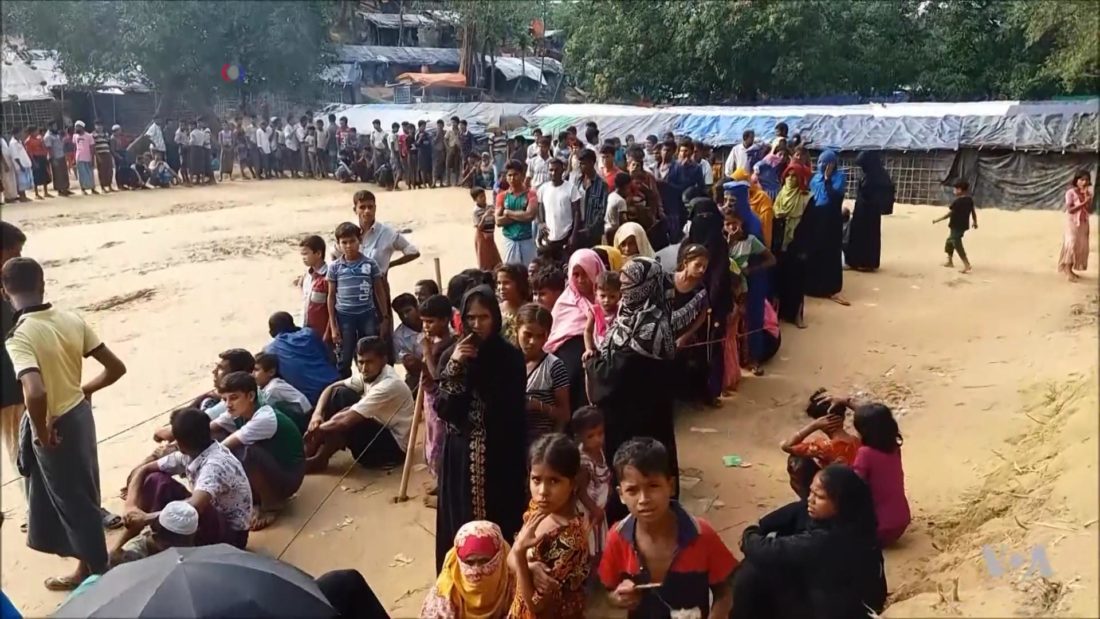
Observed annually on the 20th of June, the World Refugee Day is a global observance initiated by the UN. It is a platform to raise awareness about the situation of refugees and to garner wider support for their cause. Here is a look at how this observance came to be and why it is of greater importance today than ever before.
Origins
The United Nations High Commissioner for Refugees (UNHCR) is a specialized agency dedicated to protecting refugees. The issue of refugees is not a new one. The UNHCR was formed back in 1950, just a few years after World War II ended. Initially the UNHCR was intended to resettle war refugees in Europe. It was meant to cease functioning after three years. Clearly, the need for its existence persisted long after, and not just in Europe. Over the decades the UNHCR has been active in several theaters of human displacements including Vietnam, Pakistan, Rwanda, Central America, Eastern Europe, and others. The UNHCR provides humanitarian aid and resettlement assistance. It also maintains biometric data on refugees to efficiently channel aid and to reunite families.
The current situation
There are currently 25.9 million refugees worldwide. More than half of these are under 18 years of age. Refugee camps are often overcrowded, and ill-equipped to provide a decent quality of life. It is preferable for refugees to either return home voluntarily (if conditions allow), integrate locally, or to resettle in a third country. The UNHCR deals with all issues surrounding refugees’ lives. It aims to find durable, non-political, and humanitarian solutions to refugee issues. Unfortunately, this is seldom easy. The sheer numbers of displaced people overwhelm the countries that are willing to resettle them. Some UN member states have already accepted in excess of a million refugees.
A Helpful approach
The UNHCR does many things to help refugees. Prime among these is to build wider awareness about their condition. Awareness leads to better acceptance. To highlight the plight of refugees the UNHCR undertakes media campaigns, organizes sports events, and holds contemporary art exhibitions. Observing the World Refugee Day annually is yet another effort to increase awareness. These initiatives are helping. Many countries now recognize the dangers that refugees face during their long journeys. Countries that cannot host or resettle more refugees try and guarantee safe transit on migration routes. They also help UNHCR and other agencies in providing food and healthcare at refugee camps. In recognition of its extensive humanitarian efforts the UNHCR was awarded the Nobel Peace Prize twice, in 1954 and 1981.
Resettlement
Many of the refugees’ countries of origin are perpetual conflict zones. Displaced families endure many hardships and risks to find safer locales. Repatriation remains an unsafe alternative due to long decades of ongoing conflict. In 2018, 67% of the global refugee population originated in just five countries. All of these were conflict regions. Less than 2% of global refugees were able to return to their countries of origin. Often the only viable option for refugees is resettlement in a new country. The Global Compact for Safe, Orderly and Regular Migration (GCM) is a big step in this direction. Many studies on refugees show that they are eager to become self-reliant by taking any available jobs. They also have a high propensity for entrepreneurship. Given the right resources refugees can be assets to the host economies.
Cultural integration
Finally, the resettlement process must include a way to integrate refugees into the receiving society. This is a complex, multifaceted, and gradual process. It is important for host countries to protect refugees from exploitation. With successful integration the refugees can become citizens and live fulfilling, productive lives. Resettled refugees are able to send remittances to their family members back home via reliable services such as Ria Money Transfer. This enables the family members left behind to migrate, and families to reunite. On World Refugee Day the UNHCR and other agencies organize events in more than 100 countries, and spread the message of tolerance, acceptance, and solidarity.
About the author:
Hemant G is a contributing writer at Sparkwebs LLC, a Digital and Content Marketing Agency. When he’s not writing, he loves to travel, scuba dive, and watch documentaries.







